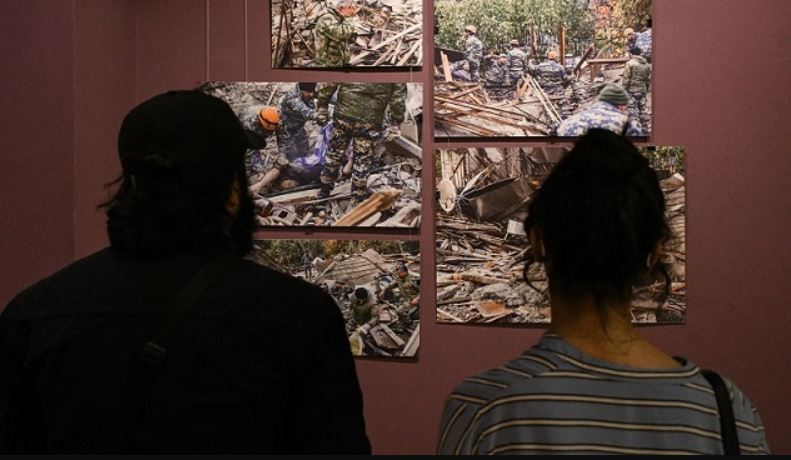There are several types of literature about war: 1) “pacifist,” which claims that war is always, in all circumstances, evil (such was the “pro-Western – NGO” line in Armenia, and partially even in Azerbaijan, for some time) 2) “Hooray-patriotism,” which says “yes, we made sacrifices, but we grew stronger” (between 1994-2018, that was the official propaganda nail in our country), 3) “cynical-satirical,” which shows the absurdity and stupidity of war (Yaroslav Hasek).
The literary works of those three directions can be found in different periods of literary history.
In the 20th century, between the two world wars, a new genre appeared, the meaning of which is not so much military operations as the change of eras, such are the famous works of Remarque. In my opinion, the theme here is the diminishing role of the individual and the triumph of consumerist, utilitarian thinking.
Aram Pachyan’s novel “Goodbye, Bird” is not about the war itself. It is the perception of the active generation (middle-aged people) of the war, the first Artsakh, war and its consequences. A generation whose childhood was spent in the “cold-dark” era. A generation that went to the army when the morals of “field commanders” prevailed. The novel presents a sadistic commander who tortures soldiers and speaks in parallel of “known death from immortality, soil-mosquitoes, sanctification, pure blood gene, exclusive blood and pride from the army.” In other words, they represented the myths, the “codes” that were discredited in the same 1994-2018 years.
Read also
They have been discredited thoroughly and, I think, finally. Now, if one tries to speak that language, the majority will associate, if not with a sadistic officer, then with a briber, a grifter, a “rascal.” That, by the way, is one of the reasons why our society was not ready for the next war.
The era of that unique “nationalism” is thus over. It could not end because such nationalism requires extreme purity, asceticism, boundless, self-forgetting devotion of the rulers, which was not and does not exist in our elite. What era we have entered is still unclear. But it is clear that we should talk to the next generations about the motherland, loving and protecting it. Let’s speak so that they believe us.
Aram Abrahamyan





















































